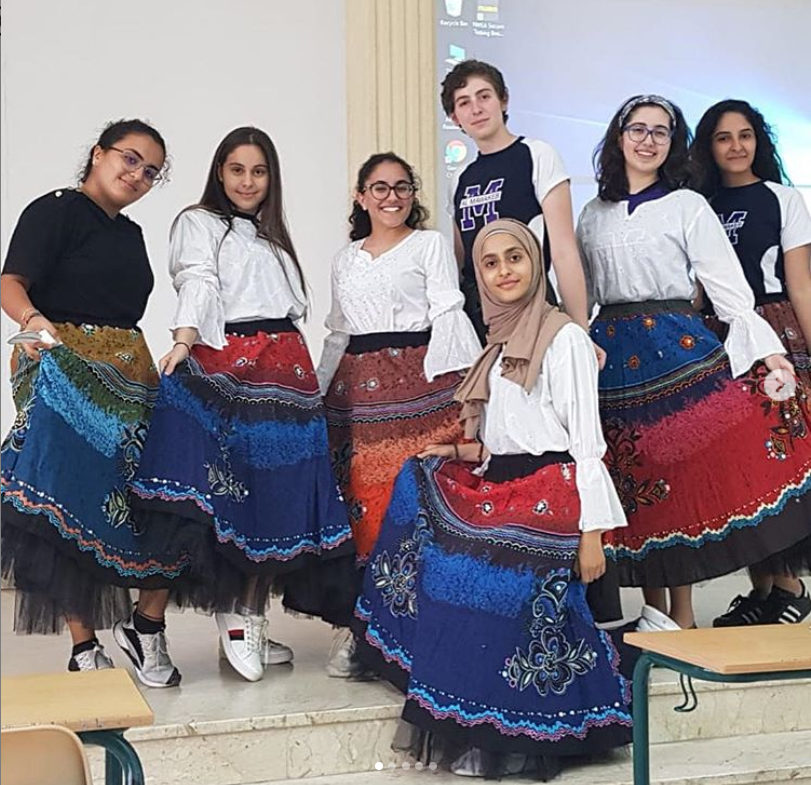by Adrianna Sabbagh
Ever since the Teabate club was created (in close collaboration with the Social Studies Department) it has introduced and organized countless events of high creative standards and cultural implications. The Teabate club, unlike any other, is one whose participants are not limited to members. Any opinionated individual with a zeal for the art and science of debate is welcome to engage in its truly enlightening events.
The most significant of such events was, without a doubt, the Athenian Agora debate.
What is the Agora? Its literal denotation is “a gathering place” or “assembly”. It is a term that alludes to the central public place in ancient Greece where residents, athletes, artists, philosophers, politicians and ministers of religion, as well Kings and counselors, were summoned to attend announcements and hold discussions in various fields. Both a market and a meeting place, it was “the heart of every Greek town”.
As a participant myself, I can attest that it was an exciting experience to be able to recreate the atmosphere of the ancient, yet ironically modern, style of debate. The subject revolved around the freedom of the press and of public expression. The procedure was as follows: each participant on either side was to speak for a specified amount of time before passing on an object to another participant on the other end, challenging him or her with a simple utterance of “espassant” (an expression that meant yielding one’s position as a speaker) and a lingering argument that was gradually built upon then refuted in a series of rapidly thought-out exchanges.
The debate was characterized by speed and rhetoric, the subject matter by its relevance and controversial degree of importance in societal and political development. It was a privilege to take part in and a thrill to witness.
Yet again, our students have not failed to impress. We revived and commemorated the original practice of democracy and free-expression while also experiencing the epitome of what makes debating an art form in its own right.
